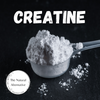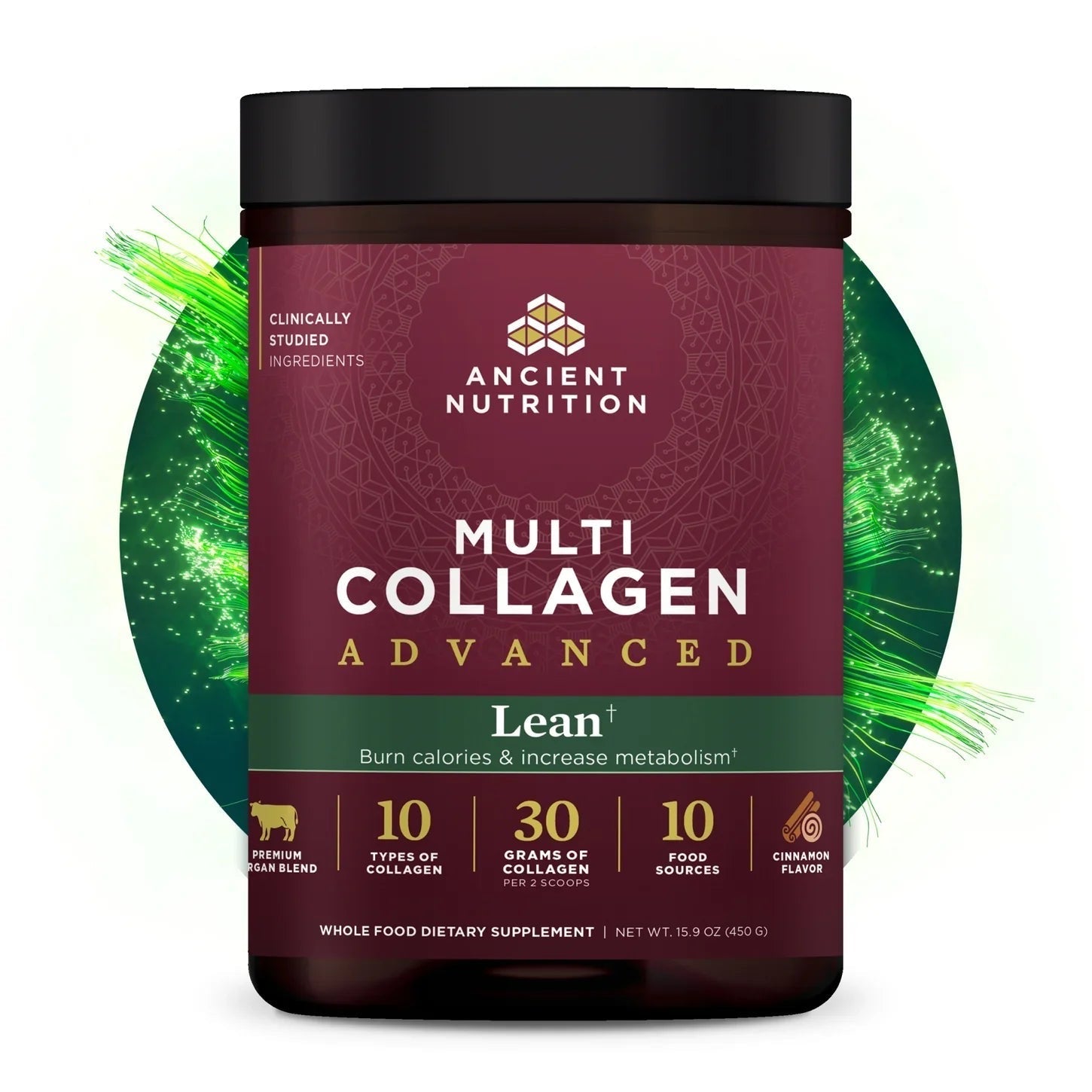
What is Creatine?
, 8 min reading time

, 8 min reading time
Creatine has become one of the most researched and popular dietary supplements in the fitness and health communities. Known primarily for its performance-enhancing benefits, creatine plays a significant role in energy production, muscle growth, and overall health. In this comprehensive guide, we will explore what creatine is, its functions in the body, its health benefits, potential side effects, and how to effectively incorporate it into your routine.
Creatine is a naturally occurring compound found in small amounts in certain foods and synthesized in the body, primarily in the liver, kidneys, and pancreas. It is made from three amino acids: arginine, glycine, and methionine. Approximately 95% of the body’s creatine is stored in the muscles, while the remaining 5% is found in the brain and other tissues.
Creatine plays a crucial role in the production of adenosine triphosphate (ATP), the primary energy carrier in cells. During short bursts of high-intensity exercise, such as sprinting or weightlifting, ATP provides the energy needed for muscle contractions. Creatine helps replenish ATP levels quickly, allowing athletes to maintain peak performance during intense workouts.
Creatine can be obtained through dietary sources and supplementation. Foods rich in creatine include: Animal Products: Red meat and fish are the primary sources of creatine in the diet. For example, beef contains about 0.5 to 1 gram of creatine per 100 grams, while salmon and tuna provide similar amounts. Supplementation: Creatine supplements, primarily in the form of creatine monohydrate, are widely available and are the most effective way to increase muscle creatine stores.
The mechanism by which creatine functions in the body primarily revolves around its critical role in adenosine triphosphate (ATP) production, the primary energy currency of our cells. ATP is essential for various cellular processes, particularly during high-intensity activities like sprinting, weightlifting, or any form of explosive exercise. When muscles engage in strenuous activity, ATP is rapidly broken down to release energy, which leads to the formation of adenosine diphosphate (ADP) and inorganic phosphate.
In this scenario, creatine plays a pivotal role. Within muscle cells, creatine exists primarily in the form of creatine phosphate (CP), a high-energy compound that acts as a reservoir for phosphate groups. When ATP levels drop during intense exercise, creatine phosphate donates one of its phosphate groups to ADP, thereby converting it back into ATP. This rapid regeneration of ATP is vital, as it allows for sustained energy production during short, explosive movements.
The speed at which creatine phosphate can replenish ATP is a key factor in its effectiveness as a supplement. Unlike other energy systems that take longer to ramp up, the creatine phosphate system can supply energy almost instantaneously, which is why athletes often experience improved performance during high-intensity training.
Moreover, creatine doesn’t just contribute to energy production; it also plays a role in cellular hydration. By drawing water into muscle cells, creatine helps to increase cell volume, which may lead to enhanced muscle growth and recovery. This cellular hydration effect can create an optimal environment for anabolic processes, promoting protein synthesis and muscle repair.
In addition to these immediate effects on energy production and muscle hydration, creatine may also influence long-term adaptations to exercise. Research suggests that creatine supplementation can enhance training capacity, allowing individuals to train harder and more frequently. This increased training volume can lead to greater muscle hypertrophy over time, as well as improved overall strength and endurance.
Overall, the multifaceted role of creatine in energy metabolism, muscle hydration, and training adaptations makes it a valuable supplement for athletes and fitness enthusiasts alike. By understanding how creatine works, individuals can better appreciate its benefits and effectively incorporate it into their fitness regimens.
While creatine monohydrate is the most common and well-studied form, several other types exist. Creatine supplements come in several forms, each with unique characteristics. Creatine monohydrate is the most researched and widely used form, known for its proven effectiveness and affordability. Creatine ethyl ester is believed to have better absorption rates, though research on its effectiveness compared to monohydrate is mixed. Creatine hydrochloride, which is more soluble in water, may be easier on the stomach for some users. Buffered creatine is designed to reduce the conversion of creatine into creatinine, a waste product, but the evidence supporting its advantages is limited. Lastly, micronized creatine is a finer powder that may enhance solubility and absorption, potentially offering improved bioavailability.
Creatine is well-known for its benefits in athletic performance, but its advantages extend beyond the gym. Here are some of the key health benefits associated with creatine supplementation:
Numerous studies have shown that creatine supplementation can enhance exercise performance, particularly in high-intensity, short-duration activities. Athletes often experience improvements in strength, power, and muscle endurance. This translates to more effective workouts, enabling individuals to lift heavier weights, perform more repetitions, and recover faster between sets.
Creatine is an effective muscle-building supplement. It enhances the body’s ability to synthesize protein and increases water retention in muscle cells, leading to a more voluminous appearance. Additionally, creatine may promote the release of insulin-like growth factor 1 (IGF-1), a hormone that stimulates muscle growth. Research has indicated that individuals who supplement with creatine experience greater muscle gains compared to those who do not.
Creatine may play a role in reducing muscle damage and inflammation following intense exercise. Studies have shown that creatine supplementation can lead to reduced markers of muscle damage, potentially resulting in faster recovery times between workouts. This benefit is particularly important for athletes who train frequently and require optimal recovery to maintain performance.
Emerging research suggests that creatine may have neuroprotective properties and could enhance cognitive function. The brain relies on ATP for energy, and increased creatine levels may improve energy availability. Some studies indicate that creatine supplementation can improve memory, attention, and overall cognitive performance, particularly in tasks requiring short bursts of intense mental effort.
Creatine has garnered interest for its potential benefits in various neurological conditions, including Parkinson’s disease, Huntington’s disease, and amyotrophic lateral sclerosis (ALS). Research indicates that creatine supplementation may help protect against neuronal damage and improve muscle function in individuals with these conditions. While more research is needed, preliminary findings are promising.
Creatine may also have a positive impact on bone health. Some studies suggest that creatine supplementation can enhance bone mineral density and overall bone strength, particularly when combined with resistance training. This benefit is crucial for aging individuals at risk for osteoporosis and fractures.
Some research indicates that creatine supplementation may improve insulin sensitivity and help regulate blood sugar levels. This effect can be beneficial for individuals with insulin resistance or those at risk for type 2 diabetes. Creatine may also enhance glucose uptake in muscle cells, further supporting metabolic health.
Incorporating creatine into your daily routine is straightforward and can be achieved in various ways. Start by choosing creatine monohydrate, known for its proven effectiveness and affordability; while other forms like creatine ethyl ester or hydrochloride may provide different benefits, research predominantly supports monohydrate. Timing is flexible, as creatine can be taken at any time of day, though many prefer post-workout when muscles are ready to absorb nutrients; it can be easily mixed with a protein shake or consumed alongside a meal. Staying hydrated is crucial, as creatine can lead to increased water retention, so aim to drink plenty of fluids throughout the day to support overall health and maximize supplementation benefits. To further enhance creatine's effectiveness, maintain a balanced diet rich in protein and carbohydrates, which are vital for muscle recovery and growth. Finally, keep track of your performance, muscle gains, and recovery to evaluate creatine's impact on your fitness goals, adjusting your dosage or timing as necessary based on your personal response.
The Natural Alternative Nutrition Center carries many product lines from your favorite brands! We are proud to have a large selection of Organic Supplements, Organic Vitamins, Natural Healthcare Supplements!
If you are interested in learning more, stop on in the shop or check us out online! Join our mailing list to stay up to date with sales, promotions, events and new products!
*It is important to speak with a healthcare professional before starting or stopping any medications, vitamins or supplements.



